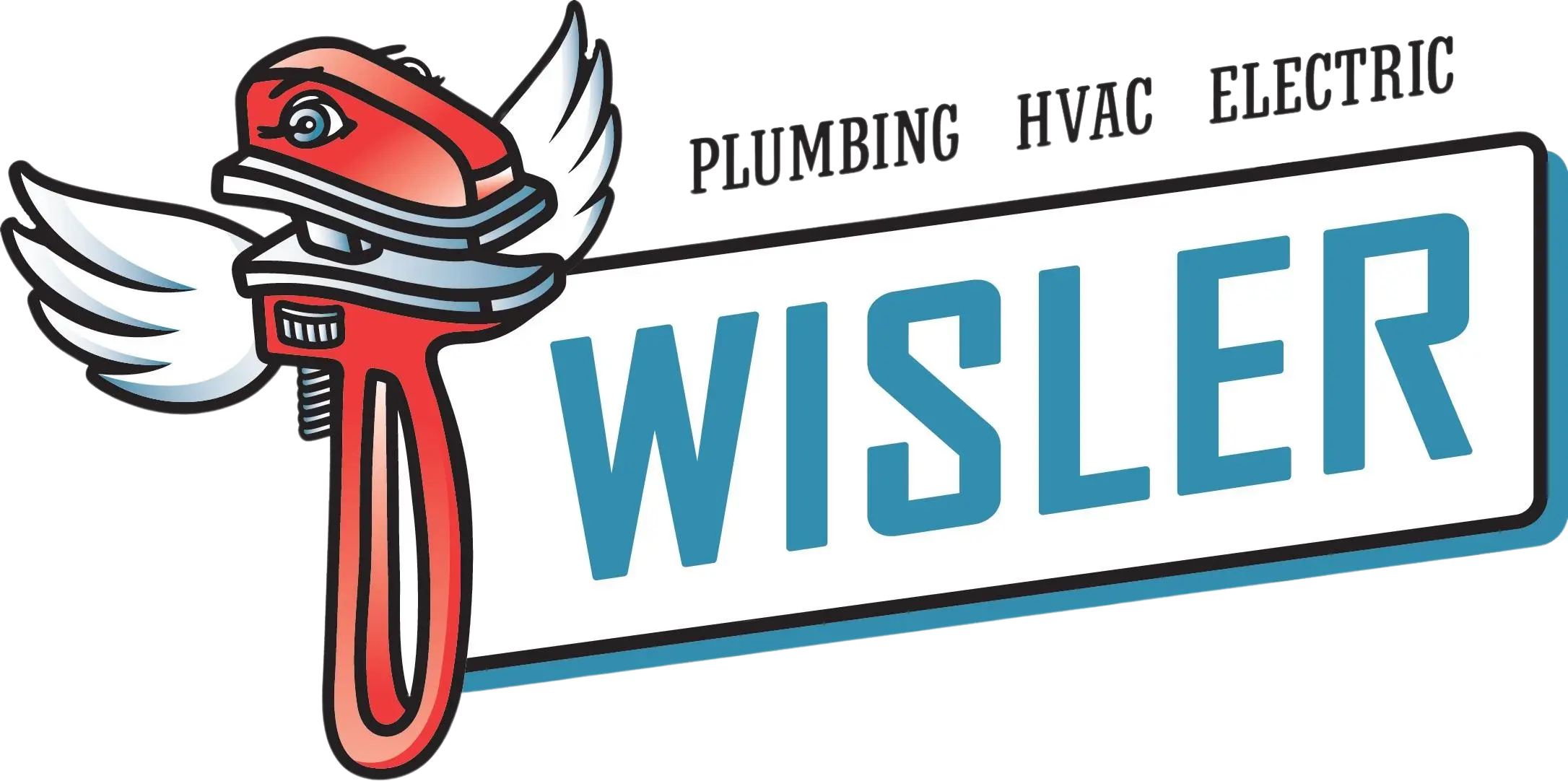Your Puzzling Plumbing Problems Solved
Hot and cold running water. It’s one of life’s basic necessities. But all too often homeowners don’t think about their plumbing system in that way… until they have a major plumbing repair problem on their hands. We can handle ANY residential plumbing job, no matter how big…no matter how small.
What Will a Plumbing Repair Cost?
A lot of plumbers seem to drag out work for days and sometimes even weeks or months. At Wisler Plumbing and Air, we finish in a timely and professional manner at a price that we can both agree on…up front. We call it Straight Forward Pricing.
Neat and tidy are not two words that are often used to describe plumbers. Have no fear. Wisler Plumbing and Air will treat your home and property as if it were our own, leaving nothing behind but an outstanding plumbing job and complete satisfaction.
At Wisler Plumbing and Air we offer a 100% satisfaction guarantee on our work.
We’re Ready for you 24/7
Call (540) 483-9382 and talk with Kresta, Stephanie or Connie or, if you prefer, fill out this form.
[gravityform id=”5″ title=”false” description=”false”]




